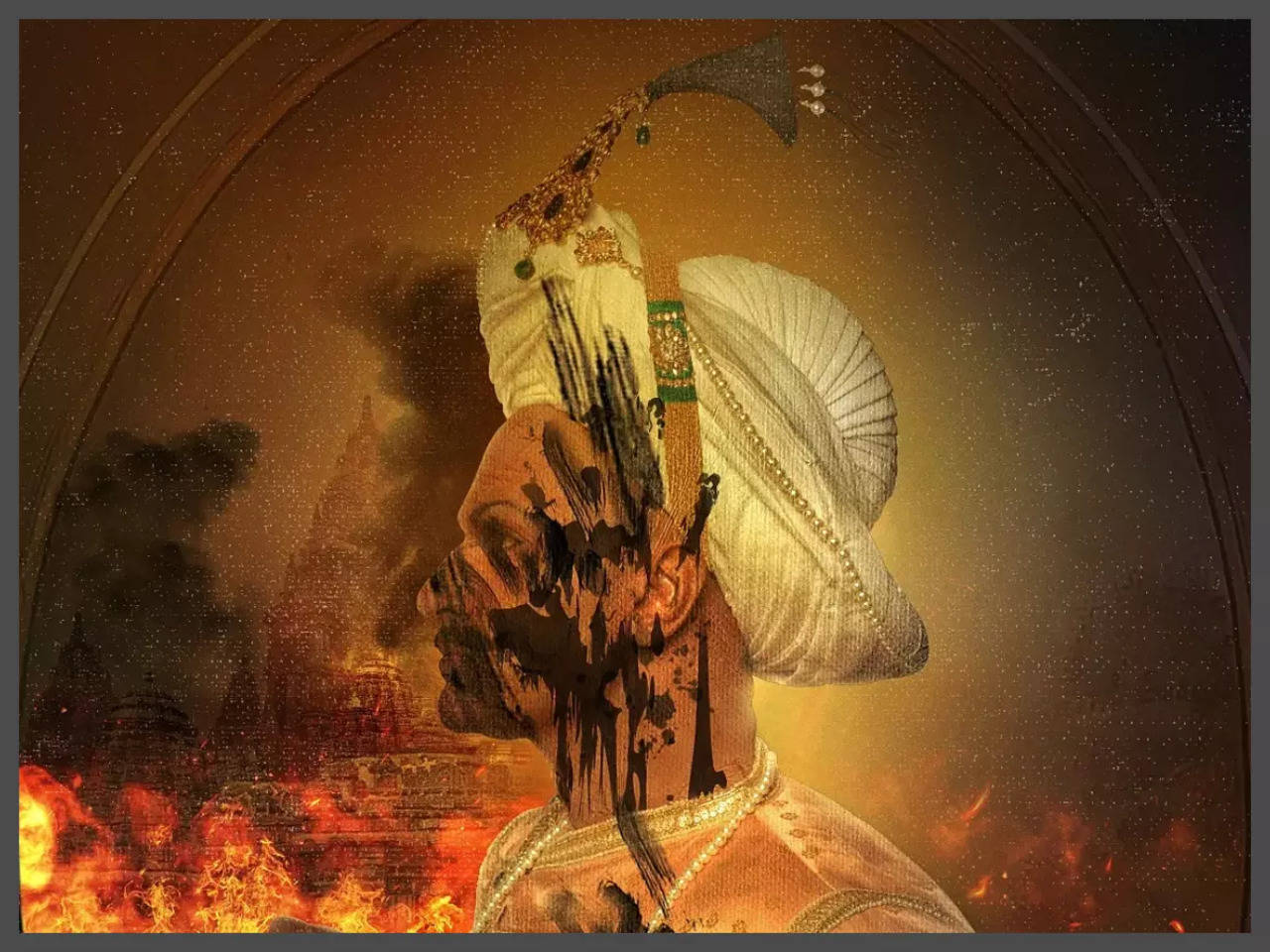A highly controversial film aiming to portray the 18th-century Mysore ruler, Tipu Sultan, as a “jihadi” and a “fanatic” has met an abrupt end as its producer, Sandeep Singh, announced its shelving in a press release on Monday.
Full Story
Singh, known for his involvement in projects such as the hagiography “PM Narendra Modi” (2019) and his plans for biopics on figures like Hindutva icon VD Savarkar, former prime minister Atal Behari Vajpayee, and Maratha emperor Shivaji, stated that the film on Hazrat Tipu Sultan will not come to fruition.

Source: The Times of India
Singh further added, “I humbly urge my fellow brothers and sisters to refrain from resorting to threats or abuse against my family, friends, and myself. If I have inadvertently hurt anyone’s religious sentiments, I sincerely apologize, as that was never my intent. I firmly believe in the importance of respecting all beliefs. As Indians, let us perpetually stand united and consistently extend respect to one another!”
In a previous press release, Singh had described Tipu as a “tyrant” who did not “deserve to be called a Sultan”. Singh added in a press statement issued in May: “I was brainwashed into believing him to be a brave heart as shown in our history textbooks. But nobody knows his malevolent side. I want to expose his dark side for the future generation.”
The film on Hazrat Tipu Sultan will not be made.
I kindly request my fellow brothers and sister to refrain from threatening or abusing my family, friends and me. I sincerely apologize if I have unintentionally hurt anyone's religious sentiments. It was never my intention to do… pic.twitter.com/zQUuAsxSSK
— Sandeep Singh (@thisissandeeps) July 24, 2023
Tipu Sultan’s demise occurred during his valiant fight against the British in 1799. Historian Kate Brittlebank highlights the ruler’s unique perception of the British threat to India and his resolute determination to expel them from the country. In her book, she credits Tipu Sultan as the first freedom fighter in the subcontinent, as he engaged in four wars against the British with this goal in mind.
Furthermore, Brittlebank sheds light on Tipu’s generous nature as a patron of various Hindu temples. Among them were the Sri Ranganatha temple, located near his main palace in Srirangapattana, and the Sringeri Math, where he held great respect for the swami, whom he addressed as Jagadguru. These aspects of Tipu Sultan’s character provide a multifaceted perspective on his legacy and his interactions with diverse religious communities during his rule.

In a press release, Singh expressed a contrasting view of Tipu Sultan, emphasizing that while history textbooks often portray him as a brave freedom fighter who fearlessly battled the British, there exists a lesser-known, darker aspect to his character – one of a “jihadi” and a fanatical Sultan. Singh underscored that historical accounts have lauded Tipu for his administrative reforms and innovative military strategies, introducing advanced weapons on the battlefield. However, he believed that this portrayal overlooks the less explored side of Tipu, which he intends to shed light on through the proposed film.
The film’s director, Rajat Sharma, voiced strong dissent in the press release, asserting that the portrayal of Tipu Sultan in school curricular is deeply flawed, constituting gross misinformation. As a Hindu himself, Sharma candidly admitted feeling profoundly shaken and disillusioned upon uncovering the reality of Tipu Sultan as a bigoted Muslim king. Through his film, Sharma boldly aims to present the brutal truth that has been manipulated to elevate Tipu Sultan to the status of a revered warrior hero.

Source: Shortpedia
The biopic centered around the life of Tipu Sultan was meticulously researched by Rajat Sethi. In a press release issued in May, Sethi addressed the biases in historical accounts, remarking that while some heroes have been unjustly maligned, others’ tyrannies have been conveniently overlooked. He cited Tipu Sultan as a prime example, where excessive admiration overshadowed the darker aspects of his rule, concealed in textbooks and even popular culture such as movies and theaters. To rectify this skewed representation, Sethi passionately described the movie as a humble endeavor, aiming to bring about a more balanced and realistic portrayal of Tipu Sultan and initiating a much-needed course correction in his historical narrative.
Eros International and Rashmi Sharma Films provided support for the project, which was intended to be produced in Hindi, Kannada, Tamil, Telugu, and Malayalam languages.
Also Read:
Where Were These Iconic Village Based Movies Set? | Dasara | Nani



















































































